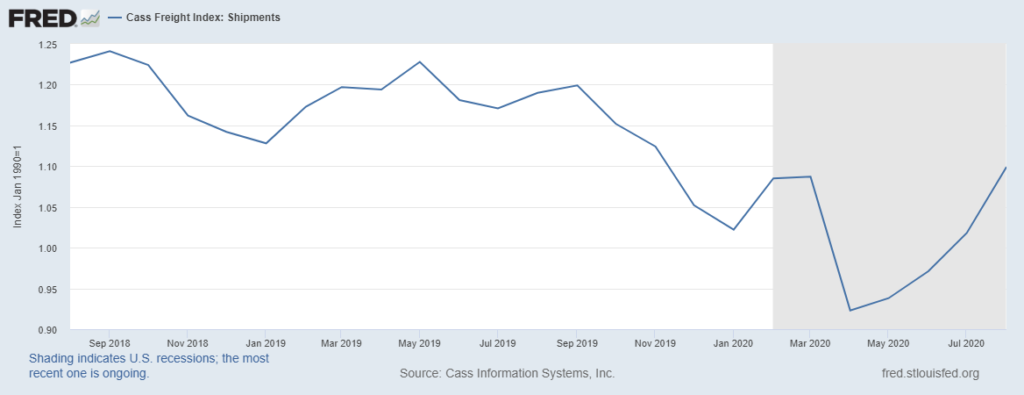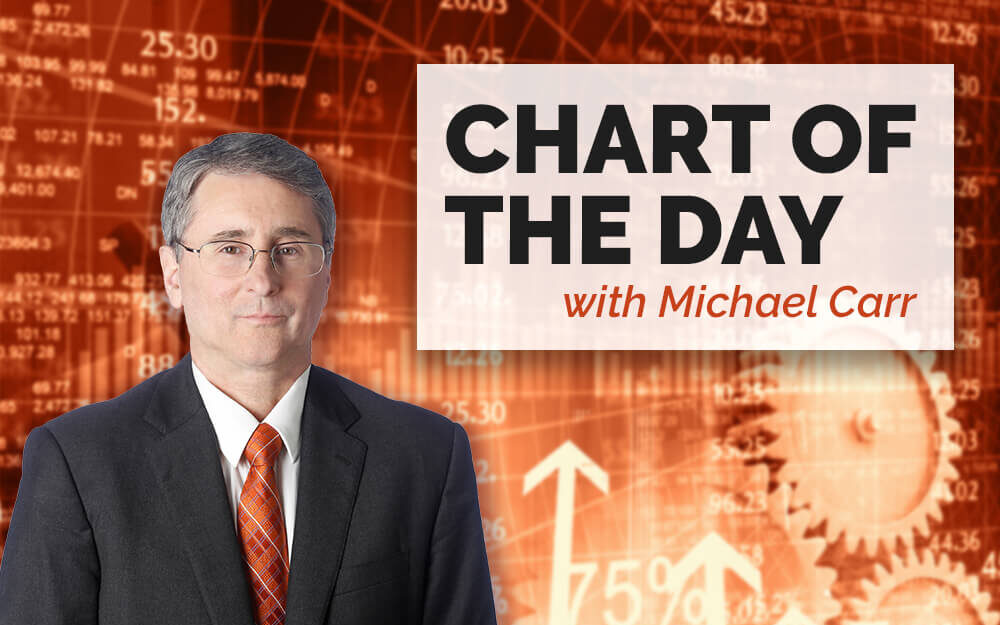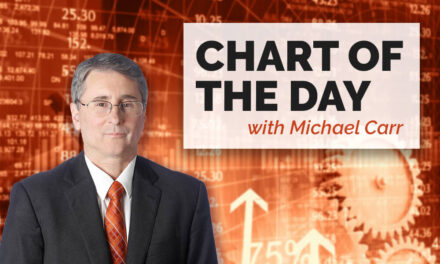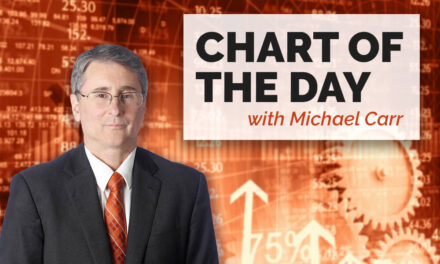In 1992, Bill Clinton ran a focused campaign for U.S. president. Clinton’s strategist James Carville famously summarized the focus with a memorable phrase: “It’s the economy, stupid!”
Clinton’s campaign put an emphasis on economic policy when it claimed that the nation was in the midst of the worst decline since the Great Depression. A month after the votes were counted, the National Bureau of Economic Research announced that the recession had been relatively mild and had ended more than 18 months earlier, in March 1991.
It’s often the case that the perception of the economy is more important than the reality. Clinton’s team understood that and used four words to capture the election.
That phrase now comes to mind every election. It drives decisions about campaign strategies. This simple idea also drives economic policy decisions between elections.
No matter who wins next month, the economy will drive policy in the first months of the administration.
Economy Was Weak in Fall 2019
For now, policymakers seem to agree that the economy is recovering, but it needs support to prevent a relapse.
Below is a chart of the Cass Freight Index. It measures shipping activity around the country. The chart shows that there has been some recovery.
Cass Freight Index Shows Some Economic Recovery

Source: Federal Reserve.
Shipping is an important economic activity. Manufacturers need to have raw materials shipped to factories to meet orders, and they use shippers to push products to customers.
Because of its central role in the economy, freight shipments are often a leading indicator of economic health.
The index clearly shows a fact that is often overlooked in discussing the current economy: Economic activity was declining at the end of 2019, before pandemic shutdowns.
The perception is that the weakness is due to the pandemic. Data shows that the economy was weakening last fall.
Economic Policy: Election Winner Must Take Strong Action
This presents a number of challenges to policymakers fighting to stabilize the economy while also fighting a pandemic.
But the economy was in decline before the pandemic. Even if there was no virus or orders closing businesses, the economy was heading toward recession in 2020.
Those problems remain in place, and solving them will require strong action from whoever wins next month.
Michael Carr is a Chartered Market Technician for Banyan Hill Publishing and the Editor of One Trade, Peak Velocity Trader and Precision Profits. He teaches technical analysis and quantitative technical analysis at New York Institute of Finance. Mr. Carr is also the former editor of the CMT Association newsletter, Technically Speaking.
Follow him on Twitter @MichaelCarrGuru.





